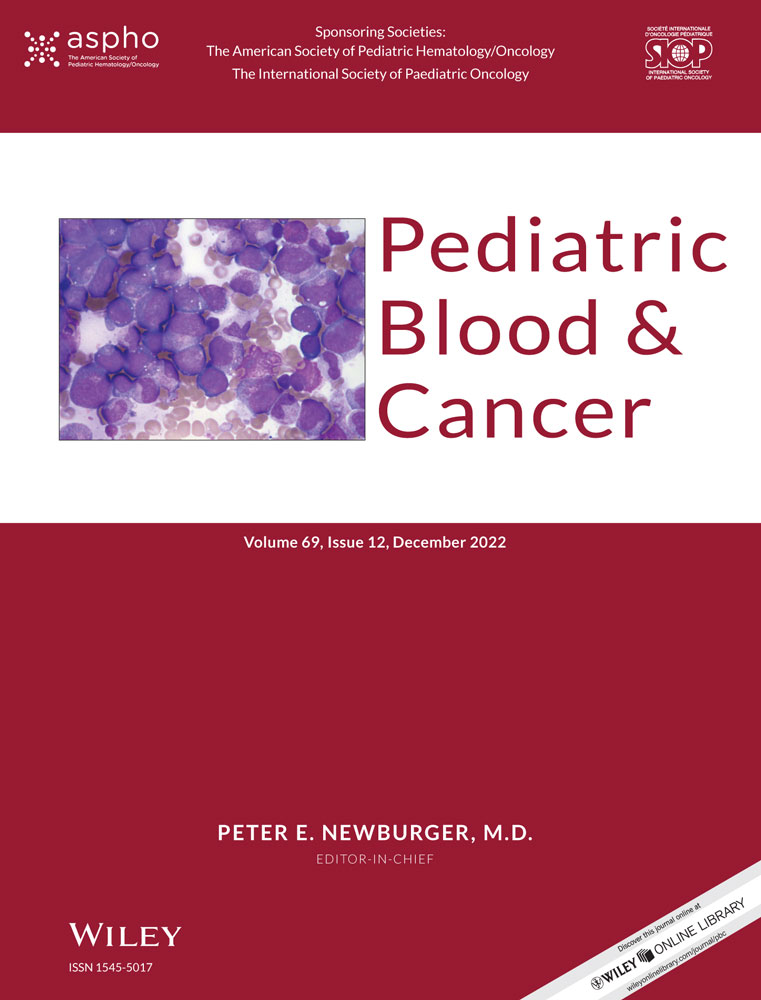Clinical features and neurological outcomes in pediatric immune-mediated thrombotic thrombocytopenic purpura: A report from a large pediatric hematology center
Preliminary data from this study were presented as an oral abstract titled “Long-Term Neurological Outcomes in Pediatric Thrombotic Thrombocytopenic Purpura” at The 2020 ASPHO Conference (Summer Virtual Learning Series), July 29, 2020. Pediatr Blood Cancer;67:e28321. https://doi.org/10.1002/pbc.28321
Abstract
Background
Thrombotic thrombocytopenic purpura (TTP) is a potentially life-threatening disorder characterized by microangiopathic hemolytic anemia, thrombocytopenia, and severely reduced or absent ADAMTS13 (A disintegrin and metalloprotease with thrombospondin type 1 repeats, member 13) activity, with varying degrees of organ dysfunction. As TTP is rare in pediatrics, most of the medical and scientific literature has largely reported on adult patients. As a result, limited data exist regarding the clinical features, comorbidities, treatment response, and long-term outcomes in pediatric patients with immune-mediated TTP.
Methods
A single-center retrospective cohort study was conducted of all children and adolescents presenting to Children's Healthcare of Atlanta, Atlanta, Georgia, between the years 2001 and 2021 with immune-mediated TTP (iTTP). Clinical features, treatments, and outcomes, including long-term neurocognitive function, were analyzed.
Results
Eighteen individuals were identified, six of whom had a total of 10 relapses, amounting to 28 episodes overall. Thirty-eight percent of the patients experienced exacerbations but, ultimately, 85% achieved a clinical response and clinical remission. Only one in-hospital death occurred (mortality rate 5.5%). Seventy-three percent of analyzed patients demonstrated long-term neurocognitive abnormalities, including cognitive delay, learning difficulties, and severe depression.
Conclusions
Children and adolescents recovering from iTTP are at high risk for neurocognitive deficits from initial and possibly ongoing microvascular disease. Due to risk for long-term neurological deficits, we recommend neuropsychological testing in addition to monitoring of other organ functions in all children with TTP, as well as long-term surveillance of ADAMTS13 activity during remission to detect and promptly treat early relapse.
CONFLICT OF INTEREST
Satheesh Chonat is a scientific advisor to Alexion, Agios, Daichi Sankyo, Forma Therapeutics, Novartis, and Takeda pharmaceuticals and receives research funds from Alexion, Novartis, and Global Blood Therapeutics. The remaining authors declare no competing financial interests.




